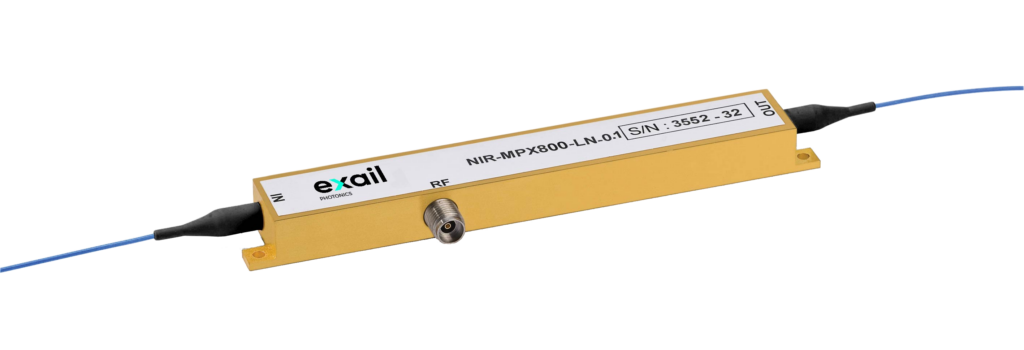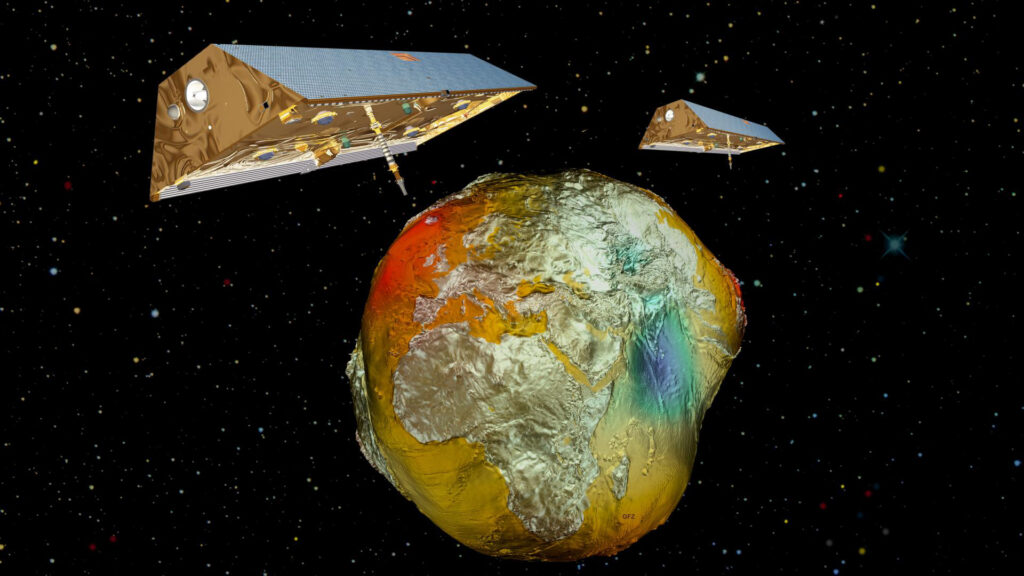- Photonics & Space
Exail signs NASA JPL contract to provide GRACE-C mission with space-grade optical components
Exail announces the signing of a 1.1M€ contract with NASA’s Jet Propulsion Laboratory to provide space-grade (TRL9) LiNbO3 phase modulators for the laser ranging interferometer of the Gravity Recovery and Climate Experiment-Continuity (GRACE-C) mission. GRACE-C is led by NASA in partnership with the German Space Agency at German Aerospace Center (Deutsches Zentrum für Luft- und Raumfahrt or DLR).
“Our modulators were selected for their ability to meet NASA’s requirements. With years of expertise and leadership in LiNbO3 modulators, we proposed a component that adheres to NASA’s stringent standards but also withstands the extreme environmental conditions of space.” said Yves Deiss, sales manager at Exail
Exail’s space-grade modulation solutions, operational since 2018 in NASA missions, will play a crucial role in the GRACE-C mission. Integrated into laser ranging instruments, these components contribute to the accurate distance measurements performed by lasers between two twin spacecrafts orbiting Earth. The precision offered by laser is essential to accurately estimate Earth’s gravity field, and to provide insights into water shifts influenced by changing seasons, weather, and climate processes.
NASA’s December 2023 order encompasses the delivery of 5 GHz near-infrared phase modulators, including Engineering Models, Qualification Models, and Flight-Models. With a longstanding partnership, NASA has trusted Exail for years, with LiNbO3 modulators previously contributing to successful missions like GRACE Follow-On.




